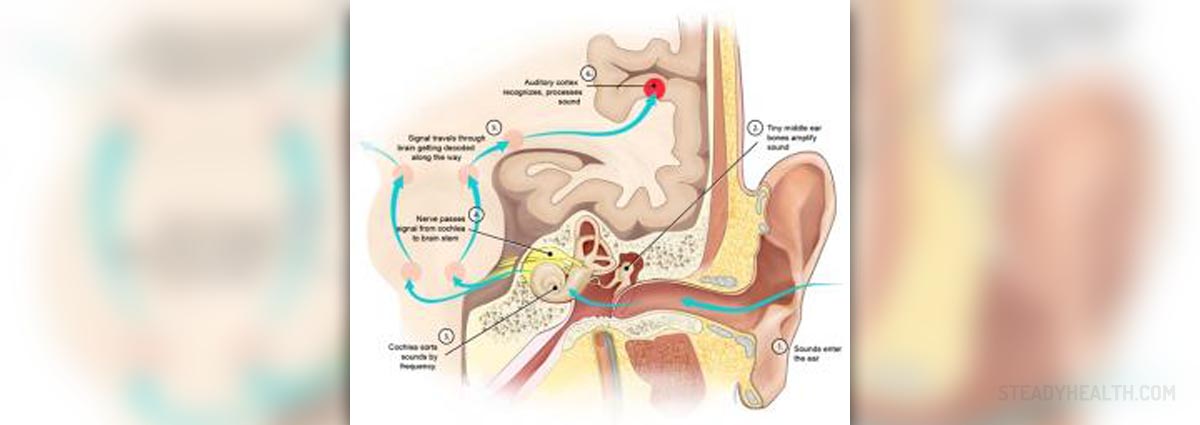
Unilateral hearingis a medical term, used to describe the loss of hearing in one ear. This typeof hearing problem affects one of the ears, leaving a person suffering fromthis disorder with one functional ear.
Unilateral hearingis a less serious condition than hearing impairment of both ears and deafness. However,it is the condition than mustn’t be neglected and left untreated, because of impactit has to normal functioning of the affected person. Both children and adultscan suffer from this problem, but the children might be more sensitive. Having aproblem with hearing in one ear may severely affect emotional, social and evenacademic achievement of a child.
UnilateralHearing Symptoms
Most of thepeople experiencing this problem seem to hear almost normal, if the environmentis quiet. They usually turn the fully functional ear to the source of the soundand in some cases they might have hard time localizing the direction of thesounds. When the things change, and the surrounding is loud or extremely loud, thesepeople might have serious problems understanding the words or even speech. Backgroundnoise can also easily affect their hearing and make them unable to hear orunderstand what’s been said.
Symptoms ofthe hearing disorder mainly depend on the degree of the hearing loss. So, theperson might seem to hear almost everything, if the condition is mild, but insome other cases, there may be greater problems. Audiologist should be consultedat the sign of first symptoms of the loss of hearing, either on one or on bothears.
Tinnitus(constant noise in the affected ear) often accompanies hearing loss. This conditionis even harder to cope with, because now there are two hearing problems whichmake hearing very difficult for the affected person.
Causes andTreatment of Unilateral Hearing
There ismore than just one cause of loss of hearing in one ear. Children might be proneto this condition if there were some complications during the pregnancy, so thechild is born with this hearing impairment.
Adult people,however, may inherit the condition, if they belong to the family with historyof hearing loss. Impacted ear wax, high fever and some serious infections ofthe ear can also be possible causes of unilateral hearing. People who had mumps,measles or meningitis can also experience loss of hearing in one ear.
Tinnitus isone of the first problems audiologists try to solve, if possible in any way. Hearingaids are advised for people suffering from mild to moderate hearing problems,and there are two types of these aids: CROS and bone anchored aids. Although thesedevices help in mild hearing problems, more serious cases of hearing impairmentin one ear usually don’t respond well to hearing aids.



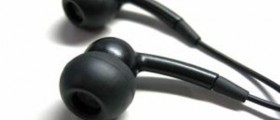


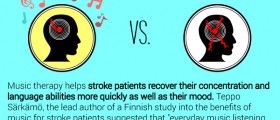
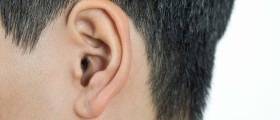
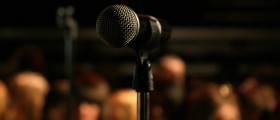

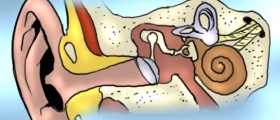

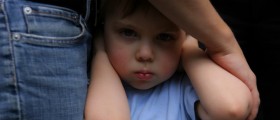

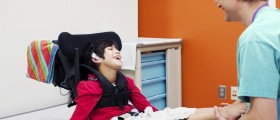


Your thoughts on this
Loading...